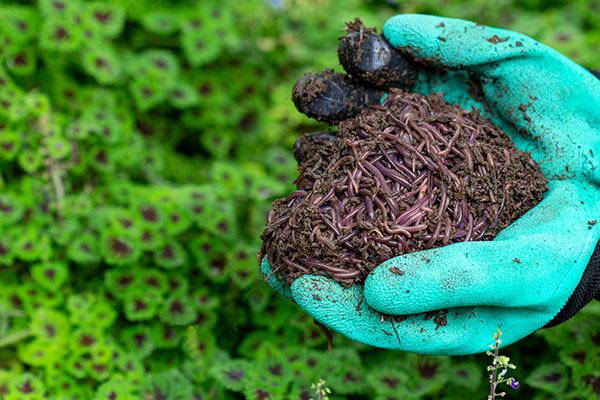
The research team found that a lot of dishwashers contain bacteria like Escherichia (which includes strains such as E. coli) that lead to acute food poisoning in humans.
Moreover, they found Pseudomonas, a bacteria that could lead to chest infections, and Acinetobacter which is associated with multiple infections in the urinary tract, skin, and inner heart lining -- some of which could be potentially fatal. Aside from bacteria, researchers also found fungi such as Candida in the dishwashers, which causes thrush.
These pathogens could spread into homes through the hot air produced in a dishwasher cycle, according to researchers. They also advised owners to open their dishwashers only after it has cooled down. In addition, wiping the rubber seal surrounding the dishwasher doors after every cycle will prevent bacteria from accumulating and protects against the hot and humid air inside the dishwasher. While these bacteria do not impose much harm on healthy people, they can be fatal to those with a weakened immune system, such as those undergoing chemotherapy or organ transplants. (Related: Your dishwasher could be harboring dangerous 'super' fungi, says report.)

The findings of the study were published in the journal Applied and Environmental Microbiology.
Five do's and don'ts in the kitchen to ensure food safety
Food safety is essential to reduce food-borne illnesses which are a burden on public health. Listed below are five tips to ensure food safety in the kitchen.
-
Don't keep the sponge for too long – Replace your sponge every two weeks to keep a healthy and clean kitchen. Another thing to remember when using sponges is never to use it to clean up any meat juice and use disposable paper instead. Moreover, putting your sponge in your dishwasher with a heated dry cycle or placing a wet sponge in the microwave for one minute will reduce its bacterial population.
-
Keep chopping boards sanitized – Chopping boards, particularly the wooden ones, are all porous surfaces that are harder to clean and sanitize. However, it is advised to use a separate chopping board for raw meats and another one for fresh fruits and vegetables, and bread products to avoid cross-contamination.
-
Wash and sanitize – Know the difference between washing and sanitizing. Washing is an important step in maintaining a healthy kitchen and is done with the use of a hot soapy water. The next step is to rinse the dishes well with running water to remove grime and all traces of the dish soap. After properly cleaning, sanitize chopping boards and work surfaces.
-
Do not wash raw meat and poultry – It is important to refrain from washing raw meat and poultry because it does not kill harmful bacteria; instead, it helps spread the bacteria all around the kitchen, serving as a breeding ground for bacteria.
-
Do not leave out food for too long – Keeping food out for too long increases your risk of acquiring foodborne diseases. It is important to keep hot meals hot at 140 degrees Fahrenheit (°F) or above while keeping cold foods cold at 40 F or below.
Read more stories on infections at Outbreak.news.
Sources include:
Please contact us for more information.






















